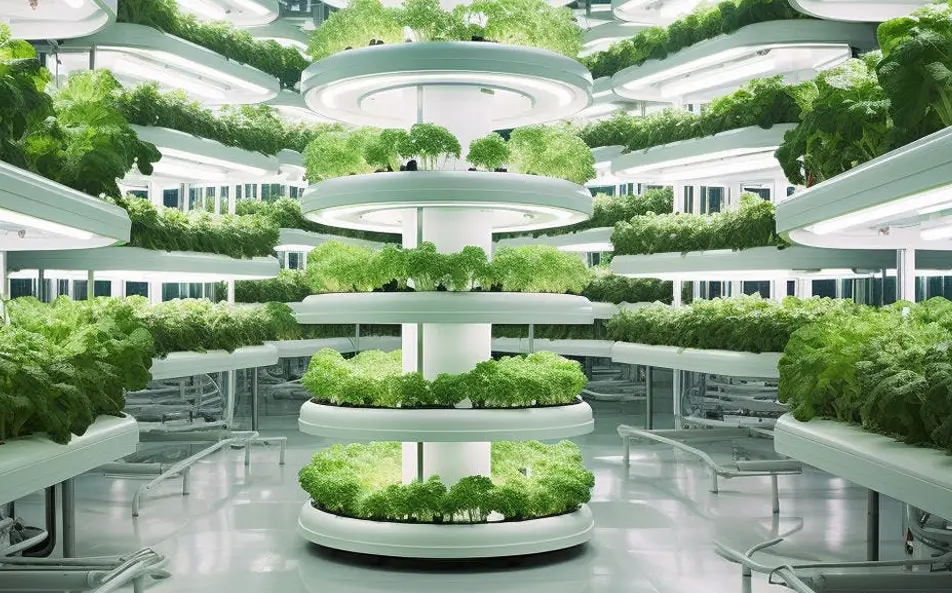The Future of Gardening - Exploring the Advantages of Hydroponic Systems

Unlocking a New Era of Sustainable Gardening
Hydroponics, a method of growing plants without soil, has been gaining popularity in recent years due to its potential to revolutionize the way we approach gardening. This innovative technique has been embraced by gardeners worldwide, offering a sustainable and efficient way to cultivate a wide range of crops. In this article, we'll delve into the advantages of hydroponic systems and explore how they're transforming the gardening landscape.
Water Conservation: A Key Benefit of Hydroponics
One of the most significant advantages of hydroponics is its ability to conserve water. Traditional gardening methods rely heavily on soil, which can lead to excessive water consumption. Hydroponic systems, on the other hand, use a closed-loop setup, recirculating water and nutrients to minimize waste. This approach can reduce water usage by up to 90%, making it an attractive option for gardeners in areas where water is scarce.
Boosting Crop Yields with Hydroponics
Hydroponic systems have been shown to increase crop yields by up to 30% compared to traditional soil-based methods. This is due to the precise control over nutrient delivery, allowing plants to receive exactly what they need, when they need it. Additionally, hydroponics enables gardeners to cultivate crops in smaller spaces, making it ideal for urban gardening and small-scale farming.
Reducing Land Use and Environmental Impact
The increasing global demand for food has led to widespread deforestation and habitat destruction. Hydroponics offers a solution to this problem by enabling gardeners to cultivate crops in vertically stacked layers, reducing the need for large plots of land. This approach also eliminates the need for harmful pesticides and herbicides, promoting a more sustainable and environmentally friendly gardening practice.
Year-Round Cultivation with Hydroponics
Hydroponic systems allow gardeners to cultivate crops year-round, regardless of the season or climate. By controlling temperature, humidity, and light levels, gardeners can create an optimal growing environment for their plants. This means that even in areas with harsh winters or hot summers, gardeners can enjoy a bountiful harvest 365 days a year.
Cultivating a Sustainable Future
As the world grapples with the challenges of climate change, food security, and environmental degradation, hydroponics offers a beacon of hope for the future of gardening. By adopting this innovative approach, gardeners can reduce their environmental footprint, increase crop yields, and enjoy a more sustainable and efficient gardening experience. Whether you're a seasoned gardener or just starting out, hydroponics is definitely worth exploring.













Comments ()